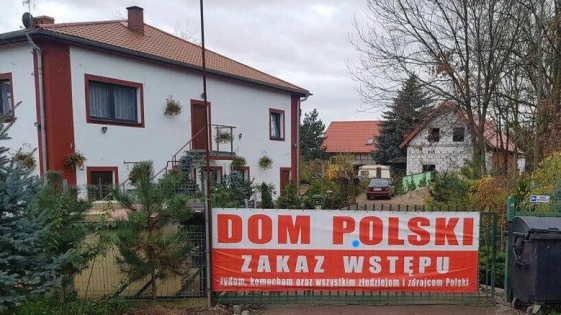Ethnicity and Post-peasant Economy: on memories of ethnic integration and exclusion in East Central Europe

Serdecznie zapraszamy wszystkich zainteresowanych na otwarte seminarium naukowe IEiAK UW i Stowarzyszenia Pracownia Etnograficzna
Prof. Juraj Buzalka, FSES CU
wygłosi wykład
Ethnicity and Post-peasant Economy: on memories of ethnic integration and exclusion in East Central Europe
In this presentation I argue that ethnic tensions and co-existence has always been related to widely conceived economy I call post-peasant and the key transformation that established post-peasants was state socialism.
My first empirical case deals with Gorals, Tatra highlanders of Polish-Slovak borderland, whose tourist economy in Zakopane integrates them into majority society while in the same time keeps Gorals different from the Polish majority. In the second case I argue that political radicals vis-à-vis the Roma in Slovakia mobilize neither ‘socialist’ nor ‘capitalist’ ethnic exclusion, but the one I derive from post-peasant condition. In the third case I return to my research on ethnic tensions and tolerance on the Polish-Ukrainian borderland and refer to East European refugee xenophobia in order to prove that ethnicity in post-socialist European Union can only be politically enacted with regard to the post-peasant economy.
Juraj Buzalka is Associate Professor of Social Anthropology at Faculty of Social and Economic Sciences, Comenius University in Bratislava, Slovakia. His interests include anthropology of political movements, politics and/of religion, and anthropology of wine and food movements, particularly in East Central Europe. He is an author of Nation and Religion: The Politics of Commemoration in South-East Poland, Lit 2007. Among his recent publications are ‘Post-Peasant Memories: Populist or Communist Nostalgia’, in East European Politics, Societies and Cultures 6/2018 and ‘The Political Lives of Dead Populists in Post-socialist Slovakia’ in Michal Kopeček and Piotr Wciślik, eds, Liberal Democracy, Authoritarian Pasts and the Legacy of 1989. The Last Two Decades of Political Thought in East Central Europe, CEU Press 2015. He is currently revising the manuscript of his anthropological monograph The Post-Socialist Reactionary Europeans.
SEMINARIA NAUKOWE IEiAK - w trakcie seminariów badania prezentują pracownicy instytutu, a także antropolodzy i przedstawiciele pokrewnych dyscyplin z kraju i ze świata. To okazja do zapoznania się z najnowszymi badaniami i swobodnej dyskusji w kameralnej atmosferze. Spotkania są otwarte dla publiczności. Serdecznie zapraszamy wszystkich zainteresowanych: zarówno badaczy, jak i studentów, absolwentów oraz wszelkie osoby, którym bliska jest tematyka seminariów. Więcej o seminariach
Nagrania seminariów
Antropologia dziś - otwarte seminaria naukowe – zadanie finansowane w ramach umowy 973/P-DUN/2018 ze środków Ministra Nauki i Szkolnictwa Wyższego przeznaczonych na działalność upowszechniającą naukę. Projekt jest realizowany przez Stowarzyszenie Pracownia Etnograficzna im. Witolda Dynowskiego we współpracy z Instytutem Etnologii i Antropologii Kulturowej UW.
 w
w


